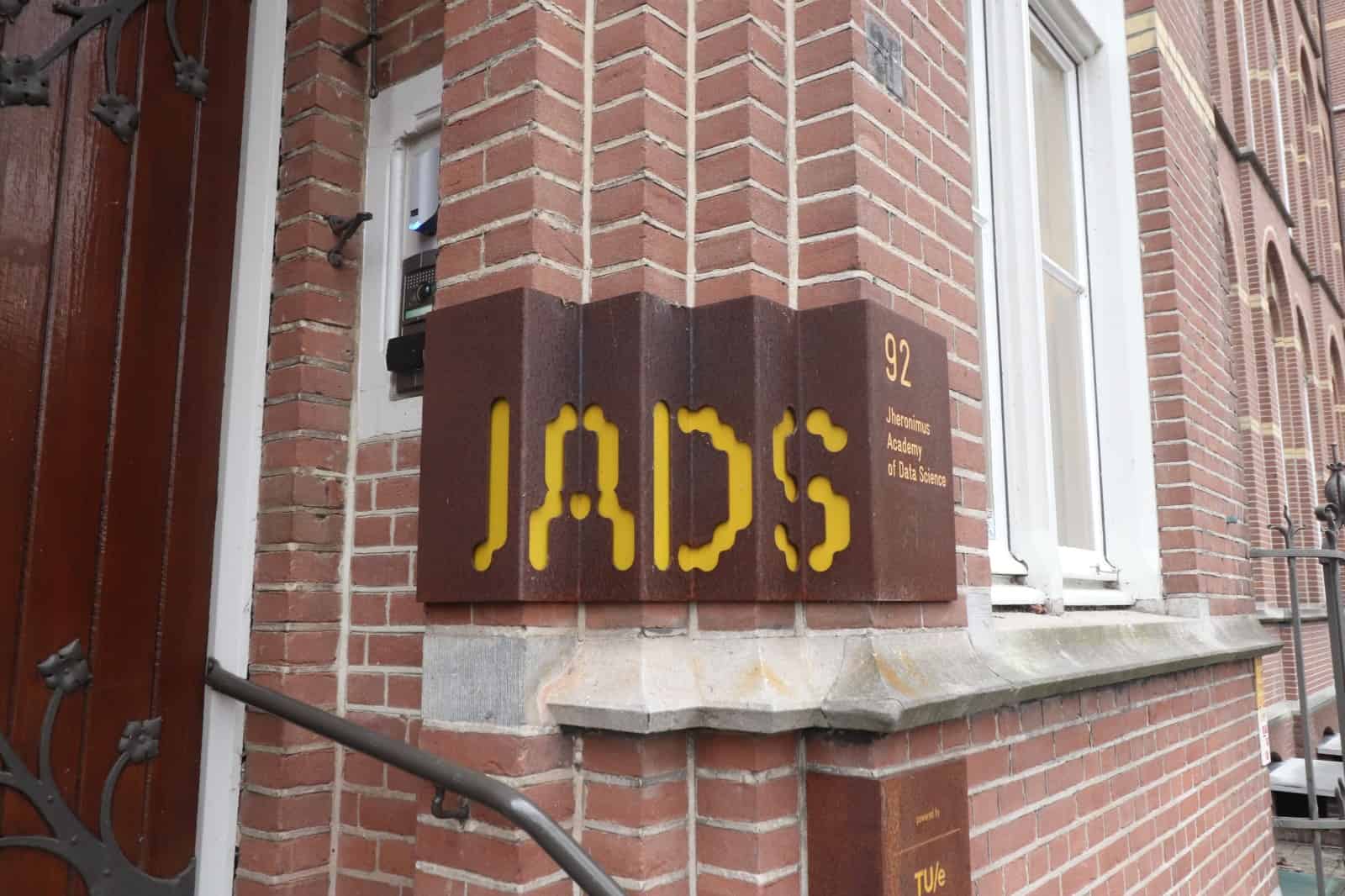
The Dutch construction industry is at a loss. To cope with the housing crisis, one million new houses must be built before 2030. And in a sustainable way. Fortunately, students inspire the housing industry. They are working in teams across the country to come up with the most groundbreaking solutions. “Through trial and error, we found out that sustainable doesn’t have to be expensive at all,” says former student Antoine Post of Integer Technologies.
- Student teams from the four technical universities in the Netherlands are showing the housing industry what is possible
- Integer Technologies makes ultramodern climate systems
- SUM+ goes for sustainability of old flats
About this series
Together with 4TU.Built Environment, we at Innovation Origins are working on a series of articles about innovation in construction. We explore and answer the most interesting and urgent questions about important construction topics. The cooperation between the four technical universities in the Netherlands and all partners plays an important role in this.
Whether it is the choice of building materials or digital solutions; the construction industry is not known as the most innovative sector in the Netherlands. Yet housing needs to be realized at a rapid pace, in a sustainable and cost-effective manner. So there is work to be done. Student teams from the four technical universities in the Netherlands (TU Delft, TU Eindhoven, the University of Twente, and Wageningen University) show what is possible.
Emission-free climate system
“A lot can be gained on the architectural side, but certainly also when it comes to the control and supply of sustainable energy,” says Post. Together with former fellow students, he therefore founded Integer Technologies, a spin-off of TU Eindhoven’s team CASA. The start-up develops a platform for emission-free climate control. The team connected a mini-apartment complex to the system. Post himself is also one of the residents. “Now we want to conquer the housing market,” he said.
The installation works as follows: the energy generated by solar panels on the roof of a home is used to drive heat pumps. These are turned on in the summer and heat a large water tank to 75 degrees. The energy can be used in the winter because the tank stays warm all winter. And in summer, the system actually provides cooling. A big additional advantage: with the smart energy system, a resident’s energy costs do not exceed 15 euros per month. “People often react surprised when they hear that. We show that a sustainable solution does not have to be expensive at all.”
The simple operation of the system is also a plus, even though it all seems very complex. “For example, three different heat pumps can be connected to our system, all of which have to work together. Normally, it’s quite a hassle to get that working. But we have a platform that allows the technician to operate it easily.” And the residents themselves, they have absolutely nothing to worry about. “Just setting the thermostat is enough. Sit back and relax,” Post said.

Sustainable porch flats
Annemiek Braunius, who has now graduated, also wants to conquer the housing market. She is working with team SUM+, evolved from TU Delft student team SUM, on a proposal to renovate existing housing. Last summer, the student team managed to win third place at the Solar Decathlon Europe 2022 with their fully sustainable, energy-neutral prototype home, using only biobased and recycled materials. This is a competition for student teams to come up with ways to build sustainably.
Now it’s time for the next step. “The goal is to eventually grow into a consulting firm for the housing market. We focus specifically on post-war porch flats, which make up a total of 11 percent of the housing stock,” she explains. “These are old houses that are often poorly insulated. We want to put floors on top of them that are sustainable in many different ways. Think about the use of solar panels making the whole building energy-neutral. But in addition, the new homes will be completely passive, which means, for example, no active cooling or heating is needed during the year.”
Municipalities, housing corporations, and developers often do not know what to do with old flats and proceed to demolish them. “But I think that is a bad plan, especially now that we are facing a housing crisis of major proportions. We are in talks with municipalities and housing corporations to solve the porch apartment problem, ultimately hopefully making millions of homes more sustainable.
Making an impact
That more and more student teams are discovering entrepreneurship, is a good development, thinks Nico Schouten, owner of Synergeon. For more than a decade, he has guided and advised teams from all over the country. “Students do great things that companies don’t pick up so quickly,” he explains. Businesses are often reluctant to invest in innovative solutions because they have not yet been tested through and through. Students, on the other hand, tend to be more focused on making an impact. “I notice that more and more over the years. They also really want to make a sacrifice for it and put a lot of time and effort into it.”
Schouten finds Braunius and Post’s sustainable innovations promising. “Through prototypes, they are showing the outside world what is possible. And there is already interest from the market.” Businesses can still learn a lot from students, he expects. “In any case, I myself have never learned as much as I have in recent years, thanks to students.”
Having the guts
The upcoming period for the two former students is all about application and scaling up. “We are in contact with an architectural firm and with several developers,” Braunius explains. She has a goal in mind: “To make ten percent of the homes in the Netherlands more sustainable. We have already calculated it and put it on paper. Now we have to make it a reality.” Braunius is hopeful. “If one housing corporation is convinced, more will follow. ” Post is also confident that the market will embrace his platform. “We are going to work with a housing corporation to install our concept in 42 apartments. We are also looking at what we can do in renovation projects. Hopefully, more and more parties will have the guts to go for innovative and sustainable solutions.”







